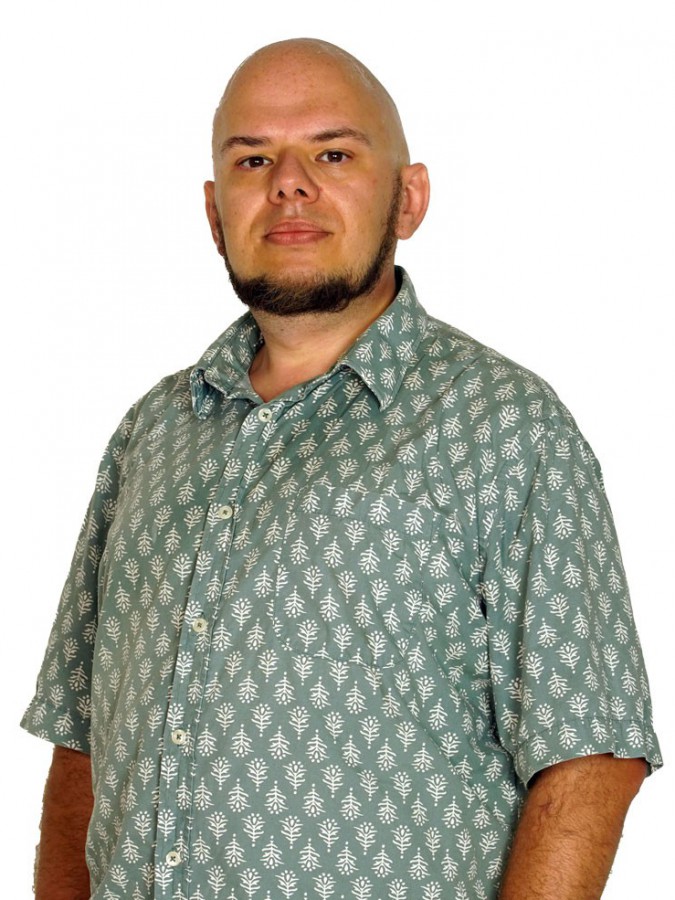resumo
Covalent organic frameworks (COFs) are crystalline, ordered networks, that, due to their high surface areas and the opportunity for periodic placement of catalytically active sites, are interesting materials for catalysis. Despite the great interest in the use of COFs for this application, there is currently a lack of fundamental understanding on how catalytically relevant conditions affect the integrity of the materials. To gain insight into the stability of COFs as catalyst supports, we herein subjected a beta-ketoenamine-linked COF to thermal treatment at high temperatures, to autogenous pressure in water at different temperatures, and to mechanical pressure during pelletizing, after which the materials were thoroughly characterized to gain insight into the structural changes occurring during these catalytically relevant treatments. The COF was largely stable under all hydrothermal conditions studied, highlighting the applicability of beta-ketoenamine-linked COFs under aqueous and vapor conditions. On the other hand, thermal and pressure treatments led to a rapid decline in the surface area already at the lowest temperatures and pressures studied. Theoretical calculations indicated this loss to stem from interlayer rearrangement or buckling of the COF layers induced by the applied conditions. This study demonstrates the suitability of beta-ketoenamine-linked COFs for use under hydrothermal conditions, and sheds light on the degradation pathways under thermal and pressure treatments, opening the path to the design of COFs with increased stability under such conditions.
categoria
Chemistry; Science & Technology - Other Topics; Materials Science
autores
Gonçalves, LPL; Ben, JG; Strutynski, K; Rodriguez-Lorenzo, L; Araújo, J; Santos, ASGG; Soares, OSGP; Pereira, MFR; Kolen'ko, Y; Melle-Franco, M; Salonen, LM
nossos autores
Projectos
Supported Covalent Organic Frameworks for the Monitoring of Pharmaceutical Pollutants (Charm)
Projeto de Investigação Exploratória: Manuel Melle (IF Manuel Melle)
CICECO - Aveiro Institute of Materials (UIDB/50011/2020)
CICECO - Aveiro Institute of Materials (UIDP/50011/2020)
Associated Laboratory CICECO-Aveiro Institute of Materials (LA/P/0006/2020)
Collaboratory for Emerging Technologies, CoLab (EMERGING TECHNOLOGIES)
agradecimentos
JGB acknowledges Xunta de Galicia for a Predoctoral Fellowship and IACOBUS Program - Stays. This work was financially supported by LA/P/0045/2020 (AliCE) , UIDB/50020/2020 and UIDP/50020/2020 (LSRE-LCM) , funded by national funds through FCT/MCTES (PIDDAC) , by the COFforH2 project (UTA-EXPL/NPN/0055/2019) through the Portuguese Foundation for Science and Technology (FCT) funds under UT Austin Portugal, and by the Charm project (PTDC/QUI-OUT/2095/2021) and BiCat4Energy project with the reference PTDC/EQU-EQU/1707/2020 through the FCT. In addition, support through the project IF/00894/2015 and within the scope of the project CICECO-Aveiro Institute of Materials, UIDB/50011/2020, UIDP/50011/2020 & LA/P/0006/2020, financed by national funds through the FCT/MEC (PIDDAC) is gratefully acknowledged. KS acknowledges funding from Scientific Employment Stimulus Program (2022.07534.CEECIND) . L.R.-L. acknowledges funding from the FCT for the Scientific Employment Stimulus Program (2020.04021.CEECIND) . L.M.S. acknowledges financial support from the Spanish Ministry of Science and Innovation through the Ramon y Cajal grant RYC2020-030414-I. We thank Dr. Bruno Silva for fruitful discussions and Dr. Maria F. Navarro Poupard for the help in the SEM analysis. Funding for open access charge: Universida de de Vigo/CISUG.



